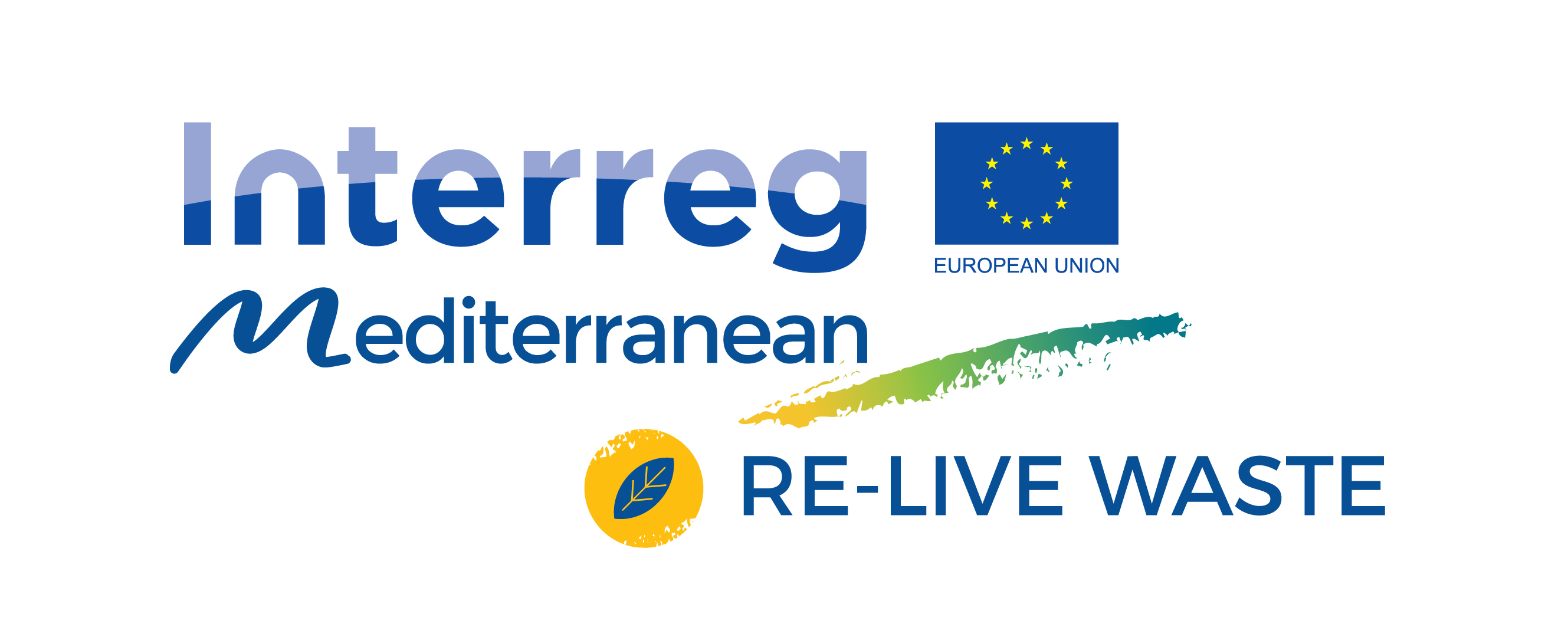
RE-LIVE WASTE
RE-LIVE WASTE WEBSITE
As we all know, the Mediterranean area is a crossroads
of different cultures and ethnicities, which however share a distinctive
interest in the quality of food, the protection of environmental resources and
the defense of traditional products and activities.
Agriculture and livestock farming are two of the key
sectors of the Mediterranean economies, there's no doubt about that. And cows
and pigs are, for most countries, the most common sources of traditional food.
However, due to the ever-increasing demand of quality
products, Mediterranean producers have focused more and more on intensive
farming to speed up and improve production. This has also led to increased
pollution and several other environmental concerns.
Developing and testing innovative technologies which
can turn livestock waste into resources is the main goal of RE-LIVE WASTE.
Livestock waste has been (and is) a major source of
pollution, but it can now become an opportunity for society and farmers’
development.
Project pilot plans will be installed in 4 different
countries and transform slurry into an organic high-value commercial fertilizer
(also known as struvite), contributing to smart and sustainable growth and to
the creation of new business and market opportunities.
RE-LIVE WASTE perfectly matches the 2030 UN
Sustainable Development Goals, supporting circular economy as a path towards an
innovative, environmentally-friendly, efficient and sustainable future.
Overall objective
·
To stimulate innovation among public institutions
and private companies for a more effective management of waste from intensive
livestock farming, by facilitating cooperation between researchers, businesses,
public authorities and the civil society
Specific objectives
To help farmers use innovative equipment
to transform slurry into an eco-friendly fertilizer and reuse it within a
circular economy approach
To help public institutions draft new
regulations to recognize struvite as a fertilizer and provide legislative and
financial support to promote the use of innovative effective equipment
To improve transnational cooperation and
connections between researchers, businesses, public authorities, the civil
society and other stakeholders
 Moodle
Moodle